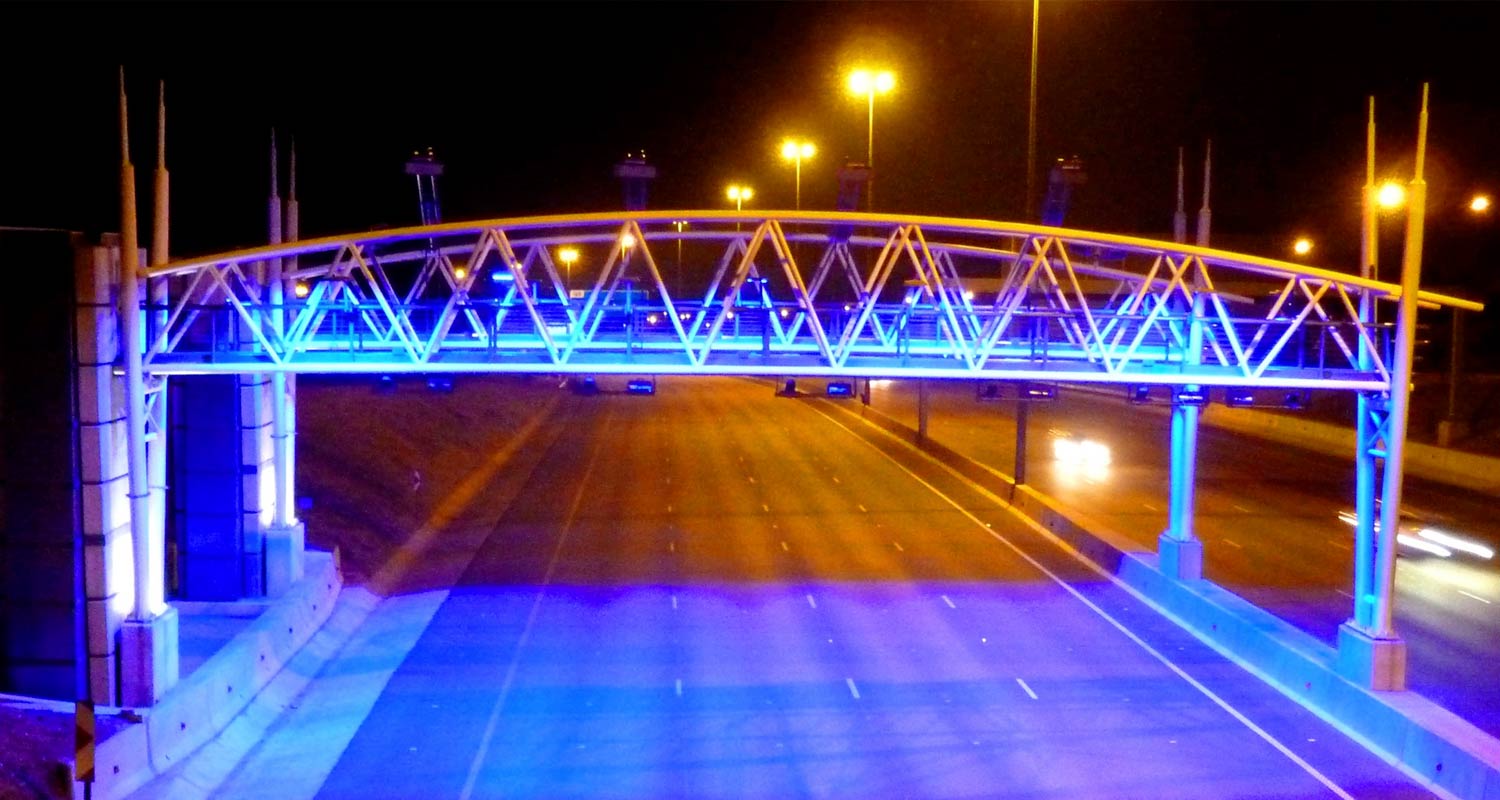
Transport minister Sindisiwe Chikunga on Wednesday confirmed that Gauteng’s e-toll programme will come to an official end at midnight on Thursday, 11 April, meaning that road users will no longer be charged for using the road network.
The minister confirmed, however, that the gantries – and the cameras mounted on them – will remain operational and be repurposed to assist road safety and crime-fighting initiatives.
“We hope that the withdrawal of e-tolls will give Gauteng motorists and South Africans in general certainty after a long period of uncertainty,” said Chikunga at a media briefing.
“It is important to note that although these roads are no longer going to be tolled, the benefits of improved roads remain and the gantries which have been installed for use on this scheme will continue to be used for other functions, such as fighting crime.”
Also being repurposed are the e-tags that were used to identify vehicles and link them to owner/driver accounts for billing purposes. E-tags have proven to be useful at traditional toll plazas on a national scale, helping motorists avoid queuing times by eliminating the need for them to come to a complete stop, open their windows and present either cash or a card to facilitate payments.
The faster throughput rates have reduced congestion at toll plazas and the flow of traffic on national roads. This has motivated the department of transport to keep e-tags operational for this purpose. But, according to Louw Kannemeyer, engineering executive at Sanral, the department of transport and Sanral are tinkering with more use cases such as paying for parking and using the associated mobility account in the public transport system.
E-tags to stay
“The e-tag is a payment instrument and it remains effective and operational countrywide,” said Kannemeyer. “There are additional things you can do with them, like opting in for paying for parking. We have already demonstrated interoperability with the mobility account in Johannesburg where a person can go from a BRT (bus) onto Metrorail (train) and onto Prasa (train) with just one ticket. That will unlock major benefits for the daily public transport user.”
Kannemeyer said that trials, testing how e-tags can be used to pay fares in taxis, have been successfully completed in Rustenburg and Polokwane.
From an organisational structure perspective, Kannemeyer explained, the repurposing of the technology related to e-tolls will coincide with similar changes to functional roles within Sanral.
Read: How Outa waged a protracted war on e-tolls – and won
“A lot of the technology will be repurposed for other applications, resulting in a large number of the individuals that are currently working on e-toll-related matters being retained. Those details will still be unpacked and sorted out,” he said. – © 2024 NewsCentral Media



